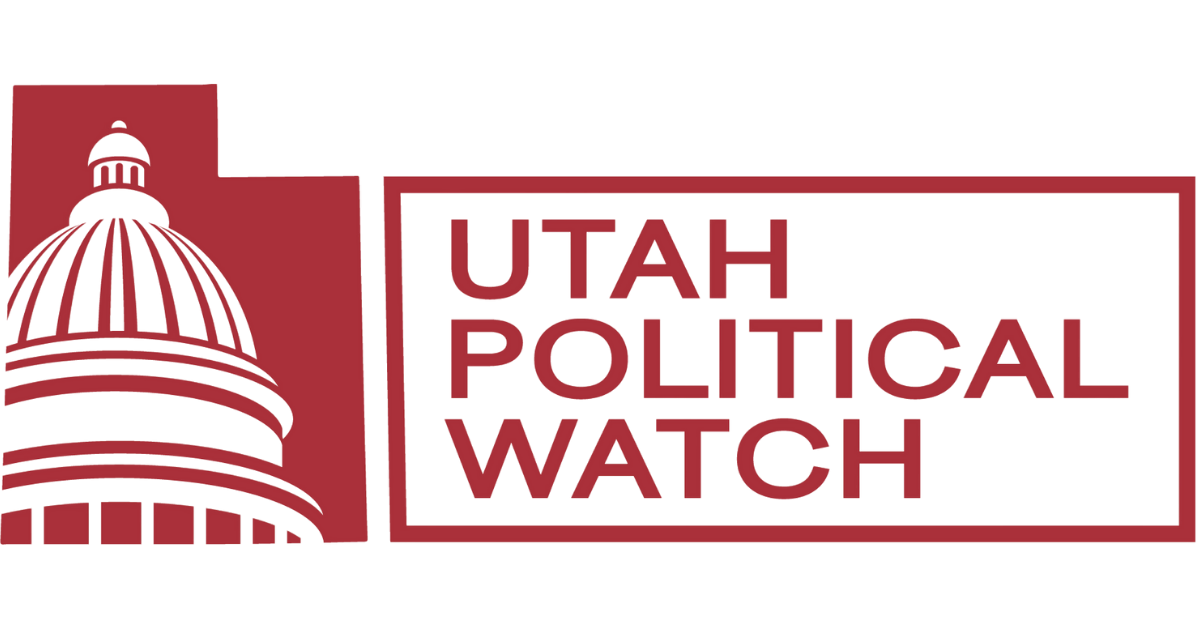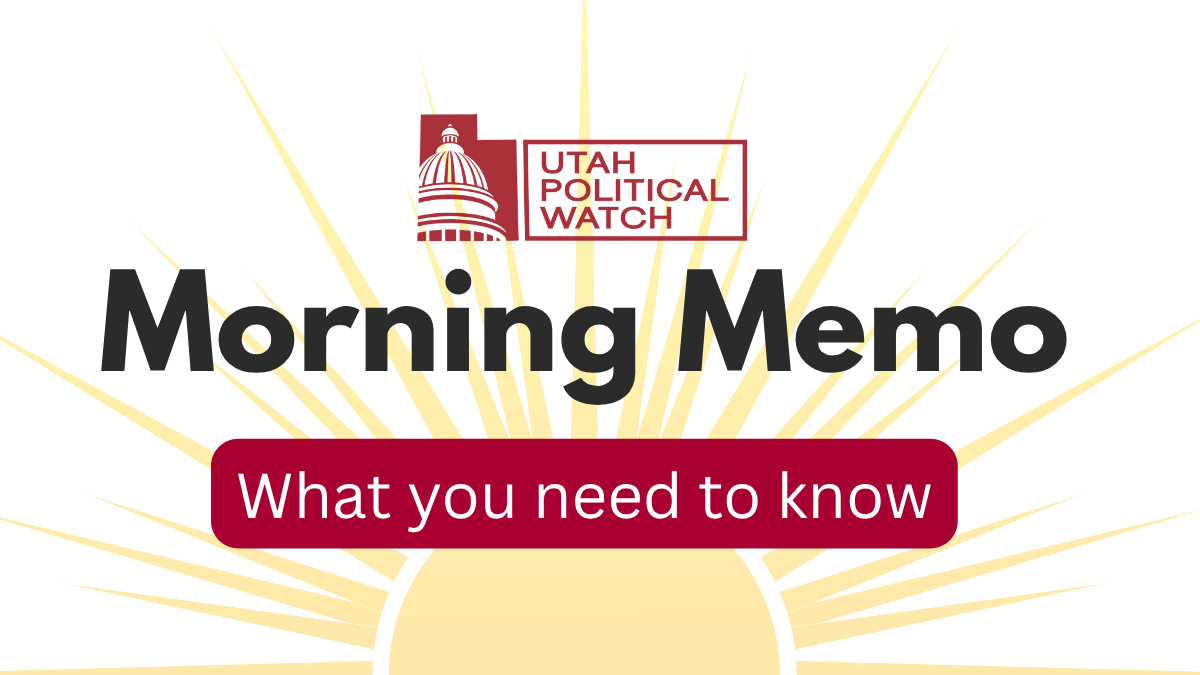A new union-busting bill from Utah Republican lawmakers would strip educators and other public employees of their collective bargaining rights, marking a dramatic escalation in their ongoing battle with the state’s largest teachers’ union.
Rep. Jordan Teuscher, R-South Jordan, has introduced HB267, which bans public employers from bargaining with a public-sector labor union or entering into a collective contract with employees.
If approved, the legislation would neuter several public-sector unions like the Utah Education Association (UEA), Utah Public Employees Association (UPEA), American Federation of Teachers (AFT), and unions representing police and firefighters.
Utah has no statewide framework for public-sector collective bargaining, but local jurisdictions can grant those rights if they choose. For example, local Utah Education Association affiliates negotiate contracts with local school districts for educators.
Teuscher’s proposal does not single out the UEA, but its introduction comes amid escalating tensions between the Republican majority and the state’s largest teachers union.
Last year, the UEA infuriated legislative leadership by publicly opposing Amendment A, which sought to alter the public education funding mechanism in the Utah Constitution.
After the UEA went to court alleging the language presented to voters was misleading and the legislature didn’t follow the correct process to notify the public, lawmakers removed Amendment A from the 2024 ballot.
The rift between the GOP majority and the UEA grew when the organization challenged the constitutionality of Utah’s $82 million private school voucher program, known as the Utah Fits All scholarship. A judge heard arguments in the case in December and is expected to rule in the coming weeks.
Teuscher did not respond to a request for comment. He has previously said he’s not specifically targeting the UEA or any other organization, but admits he excluded them from discussions when crafting the bill.
A UEA spokesperson was unavailable for comment on Monday. After the bill was made public on Sunday, the organization quickly launched an online effort to oppose the legislation, labeling it as “dangerous,” a “power grab,” and a “direct attack on Utah’s public educators, students, and the foundation of public education.”
House Minority Leader Angela Romero, D-Salt Lake City, said it’s unfortunate that Teuscher’s bill takes aim at public employees.
“Many people choose a career in public service because they want to serve the community. If this bill were to pass, I think it would discourage people from choosing careers in public service, which is very frightening for me.”
Sen. Kathleen Riebe. D-Salt Lake City, echoed Romero’s concern about the impact this bill could have on public employees.
“Public employees are the fabric of our great state and should be respected not chastised for their choices. Reducing the agency of police officers, teachers, firefighters, and all public employees of this state should be seen as government overreach.”
Jeff Worthington, president of the Utah AFL-CIO, says his organization is opposed to HB267.
"I can understand the angst with UEA because they keep poking the bear, but public sector employees have not been an issue with local government. As a matter of fact, they work together beautifully."
If HB267 passes and Gov. Cox signs it, Utah would become the sixth state to ban collective bargaining by public sector employees, joining Georgia, Mississippi, North Carolina, South Carolina, and Arkansas. Texas also bans collective bargaining for public employees but makes an exception for police and firefighters.
Public employees in states that ban collective bargaining earn significantly lower wages, about $1,900 lower on average, than their counterparts in states that allow public-sector unions. They also have lower rates of employer-sponsored health insurance coverage and pensions. Benefits for teachers in states that restrict collective bargaining are almost 10% lower.
Teuscher’s bill requires labor unions to report annually their spending on lobbying, political donations, and mediating workplace disputes to members and the Utah Labor Commission. They must also disclose their membership numbers.
This is the second year in a row Teuscher is attempting to crack down on labor unions. Last year, he sponsored HB285 which would have required unions to hold a recertification vote every five years and required members to opt in to paying their dues through payroll deductions. The bill failed to get a vote in the House after massive opposition from Utah labor union members.
Your support is crucial for delivering the high-quality, independent journalism that informs and empowers our community.
Join our growing community of supporters today by becoming a paid subscriber or making a one-time donation.
Every contribution, big or small, makes a difference.
Thank you for standing with us as we work to strengthen democracy and elevate the issues that matter to Utahns like you.






